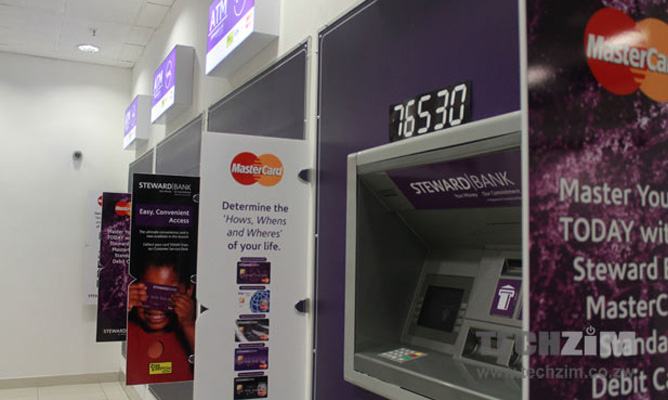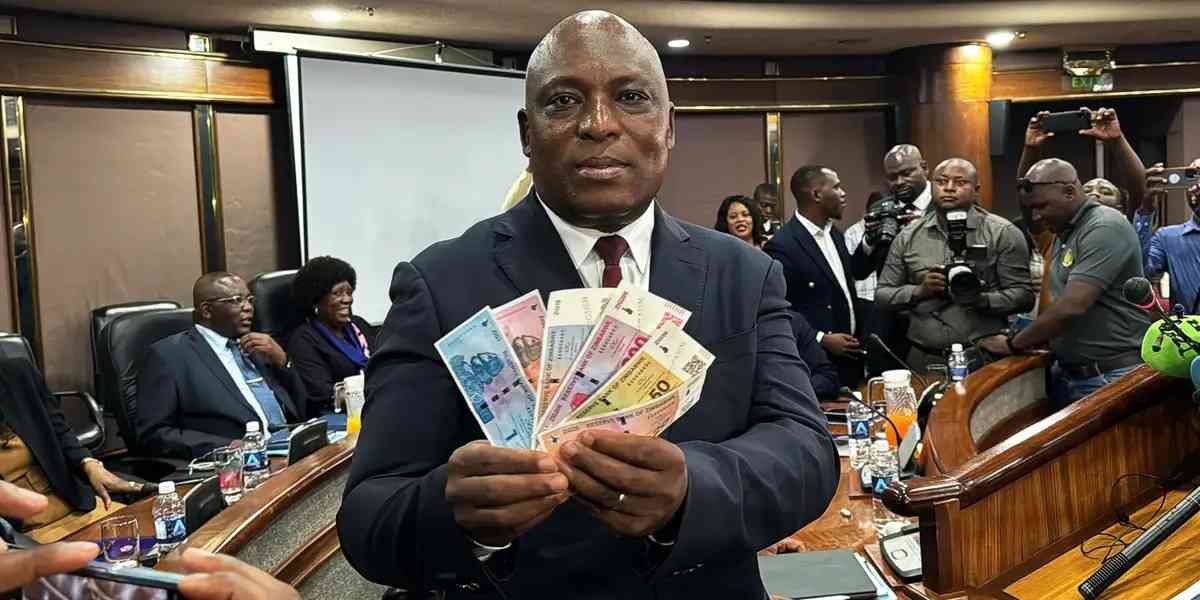
The Reserve Bank of Zimbabwe (RBZ) says 80% of monetary transactions will be through plastic money in five years as it moves to promote a cashless society.
BY TATIRA ZWINOIRA
In 2015, the value of mobile and internet-based transactions rose by 32% to $1,6 billion from $1,2 billion the previous year, according to central bank’s statistics.
RBZ governor John Mangudya told NewsDay recently that the central bank was putting policies in place which would instil confidence in order to reach that goal of a cashless society.
“Confidence is not tangible, it is felt so each time when we are trying to put in place policies, we are trying to increase confidence. Confidence is like trust, you need to earn it.
This is a continuous process, yes, the confidence in Zimbabwe has gone down but we are now trying to improve and rebuild on the little that is there to go forward with our lives,” Mangudya said.
“Our vision is that in the next five years this society should have changed to at least 80%, in terms of most of our transactions. Zimbabweans take time to change mainly because what they have gone through and we do sympathise with their situation.”
Plastic money is a generic term used mainly for all types of money represented by bank cards, credit cards, debit cards, smart cards and Visa cards among others.
- Chamisa under fire over US$120K donation
- Mavhunga puts DeMbare into Chibuku quarterfinals
- Pension funds bet on Cabora Bassa oilfields
- Councils defy govt fire tender directive
Keep Reading
The use of plastic money on automated teller machines or point-of-sale machines is dependent on the performance of the banking sector as well as the availability of funds.
Confederation of Zimbabwe Retailers president Denford Mutashu said the transaction time was a bit long for retailers to access funds from card-based transactions.
He said the reason why some retailers showed hesitancy in accepting debit cards was because it would take between 12 to 24 hours for retailers to have money in their accounts from the card-based transactions.
“We want efficiency with the banks to avoid transaction challenges”.
One of the challenges of using plastic money is that it can lead to increased borrowing which adversely increases the individual or corporate debt of the borrower.
Financial securities expert Persistence Gwanyanya said plastic money would help to reduce the effect of the liquidity shortages although there was reluctance on the use of credit cards from banks.
“In Zimbabwe, there has been a limited use of credit cards because of the banks’ reluctance to lend. Preloaded cards are common in Zimbabwe and these are mainly used to facilitate in transactions. Their acceptance will see increasing flow of money into the formal banking system, which will alleviate liquidity problems,” Gwanyanya said.
“The use of plastic money largely entails keeping more money in the banks. Therefore safety of plastic money largely depends on the soundness of the banking system. Zimbabwe’s banking system is now fairly safe and sound despite vulnerabilities at other few small banks.”
He said Zimbabwe needed a cashless society more than all other countries in the world “because of the country’s inability to print money”.











